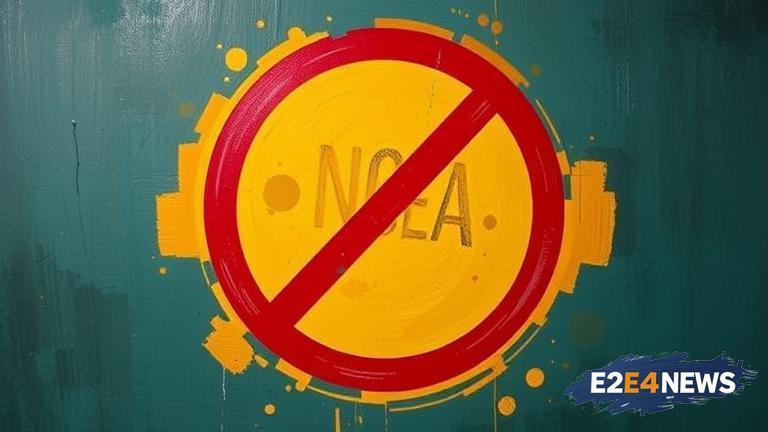The National Certificate of Educational Achievement (NCEA) system in New Zealand has been a topic of debate for many years. Recently, Tim O’Connor, a prominent figure in the education sector, has spoken out against the system, calling for its abolition. According to O’Connor, the NCEA system is flawed and has failed to provide students with the skills and knowledge they need to succeed in the modern world. He argues that the system is too focused on rote learning and memorization, rather than critical thinking and problem-solving. Furthermore, O’Connor believes that the NCEA system has created a culture of teaching to the test, where students are encouraged to focus on passing exams rather than gaining a deeper understanding of the subject matter. This has led to a lack of creativity and innovation in the education system, as well as a narrow focus on academic achievement. In addition, the NCEA system has been criticized for its complexity and bureaucracy, with many teachers and students finding it difficult to navigate. The system has also been accused of being biased towards certain types of learners, with some students being disadvantaged by the emphasis on written exams. Despite these criticisms, the NCEA system has been in place for over two decades, and many educators and policymakers are hesitant to make significant changes. However, O’Connor and others argue that it is time for a radical overhaul of the education system, one that prioritizes student-centered learning and prepares students for the challenges of the 21st century. This could involve a shift towards more competency-based assessments, as well as a greater emphasis on skills such as critical thinking, creativity, and collaboration. Ultimately, the goal of the education system should be to provide students with the skills and knowledge they need to succeed in life, rather than simply preparing them for exams. By abolishing the NCEA system and replacing it with a more modern and effective approach, New Zealand can create a world-class education system that prepares students for the challenges of the future. The abolition of the NCEA system would require significant changes to the education sector, including the development of new assessments and teaching methods. It would also require a significant investment of time and resources, as well as a commitment to ongoing evaluation and improvement. Nevertheless, many educators and policymakers believe that the benefits of abolishing the NCEA system would far outweigh the costs, and that it is time for New Zealand to take a bold step towards creating a better education system. The debate over the NCEA system is likely to continue in the coming months and years, with many different perspectives and opinions being expressed. As the education sector continues to evolve and change, it is likely that the NCEA system will be reformed or replaced in some way, with the goal of creating a more effective and student-centered approach to education.
